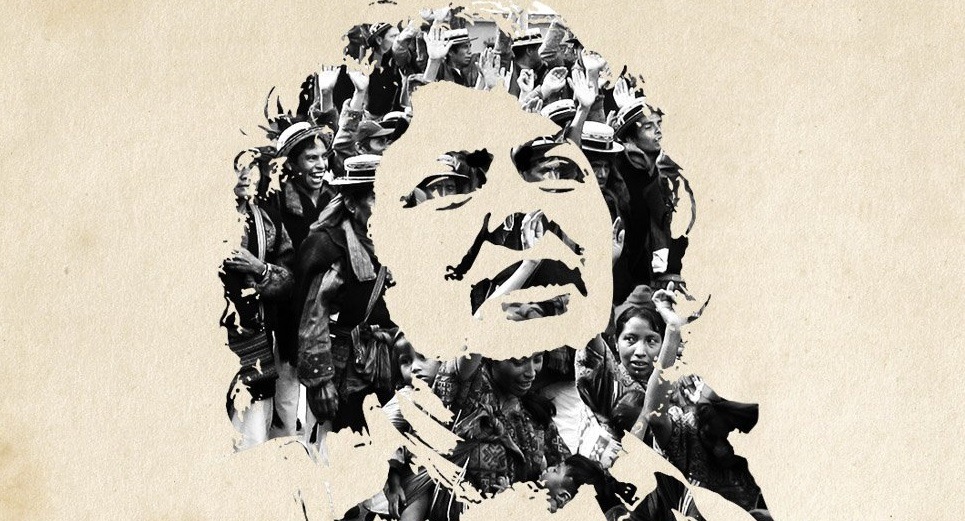Three years ago, Honduran activist and community leader Berta Cáceres was brutally murdered. Every year, around 200 environmental defenders are killed or assaulted around the world – crimes that are often linked to multinational companies violating human rights. Only a binding agreement on a global basis could put an end to this horrendous injustice.
On 2nd of March 2016 Berta was shot in her own home and died in the arms of her friend Gustavo Castro, a Mexican environmentalist who survived the attack.
Berta was murdered for protesting against a hydro-dam that was being constructed on the Gualcarque, a river considered sacred by her community, the Lenca people. Together with COPINH, the Civic Council of Popular and Indigenous Organizations of Honduras, the Lenca people were defying the construction of the Agua Zarca dam since 2006. They were threatened and attacked several times before the murder.
Nobody had consulted the community before digging into their land. But neither violence nor land grabbing -both obvious human rights violations- triggered the international development banks financing the Agua Zarca dam to withdraw. The two European financiers, the Dutch Development Finance Institution (FMO) and the Finnish Development Finance Institution (Finnfund), only pulled out after a second member of COPINH, Nelson Garcia, was killed, a few months after Berta’s murder.
It was soon discovered that the Honduran corporation Desarrollos Energéticos S.A. (DESA), in charge of the dam construction, was behind the attacks. Two of the seven people convicted in the court case against the murderers of Berta were employees of DESA. The court recognised that the murder was planned and carried out with “knowledge and consent” of DESA executives and was linked to the delays and financial losses caused by the protests.
Investigations carried out in the years after the murder clearly condemned the lack of due diligence by the international financiers. COPINH had repeatedly asked FMO not to fund the Agua Zarca project, pointing out the human rights violations committed by DESA.
An international team of experts, tasked with independently investigating the murder, came to a clear conclusion: “Having been effectively aware of the actions executed on behalf of DESA, in which the company’s agents were attributed responsibility for attacks against human rights, the international financial system preferred to look the other way and maintain the financing and operation of those who carried out these criminal acts.”
Both FMO and Finnfund embrace the UNGPs (United Nations Guiding Principles on Business and Human Rights), but this case clearly shows that voluntary guidelines on corporate accountability are not enough. Turning a blind eye to the systemic violence of DESA led to the murder of Berta and five other community members.
Only binding regulation, like the UN Binding Treaty on Business and Human Rights, can prevent human right violations by big corporations and give victims fair access to justice. Friends of the Earth Europe therefore calls on the EU and Member States to support the achievement of a UN treaty and binding legislation on a national level to hold transnational corporations to account and end an impunity that keeps claiming lives worldwide.
Support this call by signing the petition to put human rights over corporate power!







